New York, Sept 30 (V7N) – The United Nations remains “the house of diplomacy and dialogue” in a divided world, General Assembly President Annalena Baerbock said on Monday as she closed the general debate of the Assembly’s 80th session, urging Member States to turn the week’s momentum into concrete action on peace, climate change, and institutional reform.
Over six days, 189 Member States took the floor at the iconic green marble podium, including 124 heads of state and government. Their participation underscored both the urgency of current global crises and the potential for collective action.
“If this high-level week is an indication, this house is fulfilling that purpose – the United Nations is still relevant,” Baerbock told delegates. “The test is whether we act.”
Protracted conflicts in Gaza, Ukraine, and Sudan dominated the debate, with repeated calls for urgent steps to protect civilians and halt violence. Stressing the centrality of the UN Charter, Baerbock warned of the costs when international law is ignored.
“When bombs fall on civilians, when famine is used as a weapon, when sovereignty is trampled by force, it is the credibility of this Organization that is at stake,” she said, urging that diplomatic momentum translate into tangible measures for Gaza, including an immediate ceasefire, increased humanitarian aid, the release of hostages, and renewed efforts toward a two-State solution.
Climate change was another major theme. “Dozens of delegations spoke on the impacts of climate change and the ticking clock we face in delivering on the Sustainable Development Goals by 2030,” Baerbock said. She highlighted recent investments in renewable energy, amounting to $2 trillion in the past year, but warned that progress remains insufficient, with financing the most serious barrier.
Institutional reform also featured prominently. Baerbock pointed to the Secretary-General’s revised budget, new mandates, and reform proposals as concrete pathways to make the UN stronger, more effective, and fit for purpose. “This is not only about trimming budgets; it is about strengthening delivery. It is about priorities,” she emphasized.
Invoking the UN’s founding mission after World War Two, Baerbock called on nations to be inspired by the past and courageous about the future. “Let us be inspired by the legacy of our past ... and daring for a better future that is better together. Unafraid. Unbroken. United.”
Throughout the high-level week, UN News highlighted how debates reflected Secretary-General António Guterres’ “five critical choices”: choosing peace rooted in international law, protecting human rights, harnessing technology for humanity, advancing climate justice, and strengthening the United Nations for the 21st century.
These choices, leaders affirmed, will shape the future of multilateralism and the world’s collective response to the challenges ahead.
END/UN/SMA/AJ/





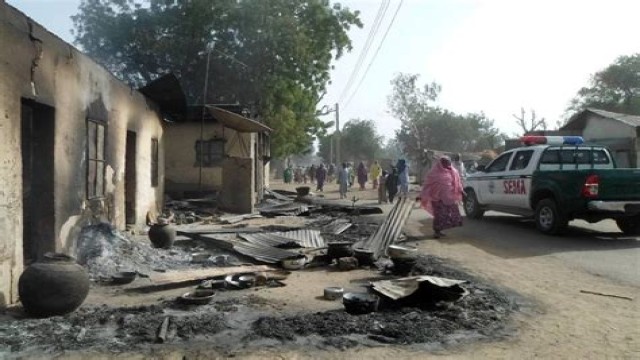
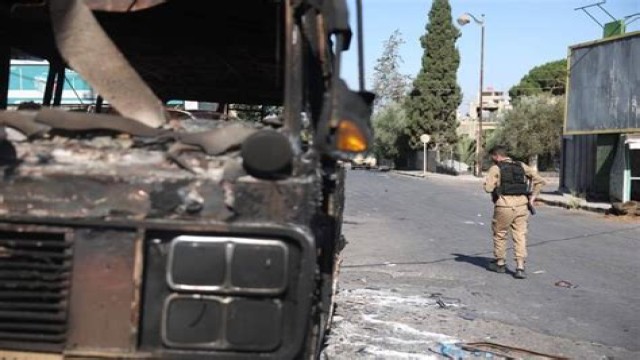

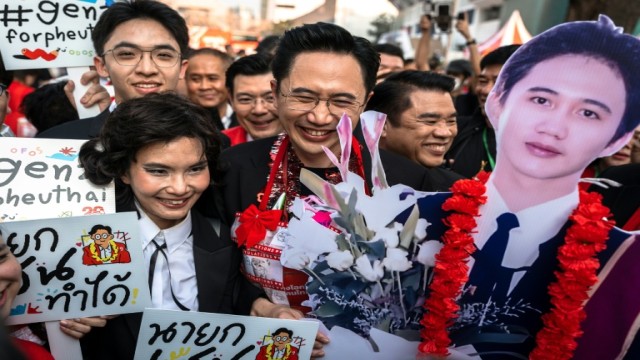




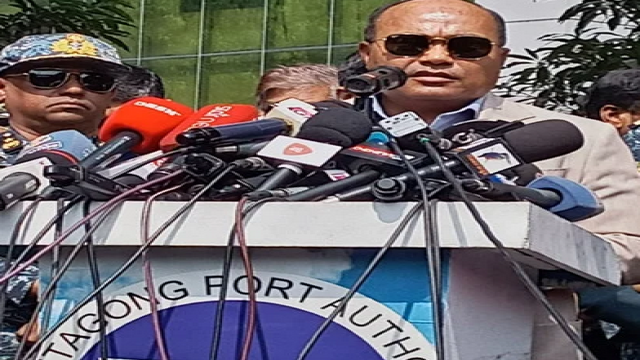
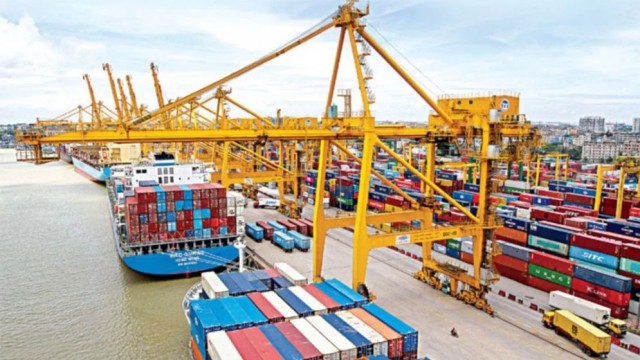
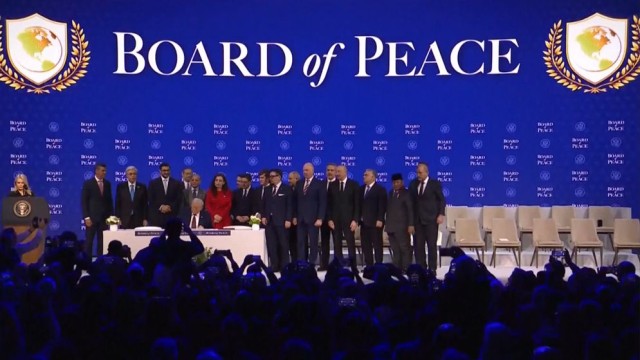
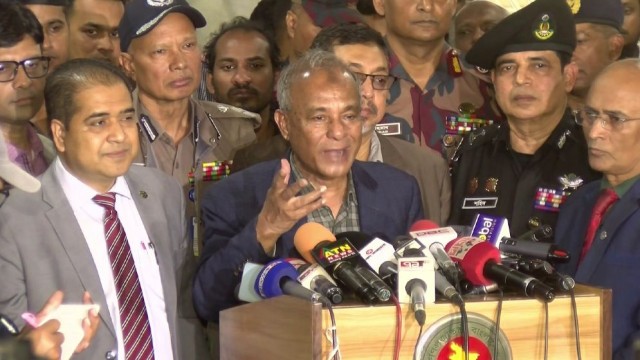
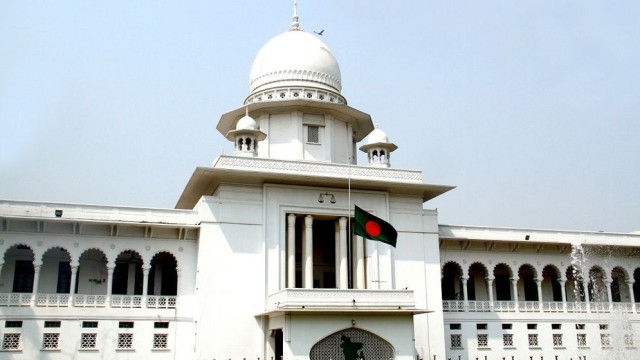
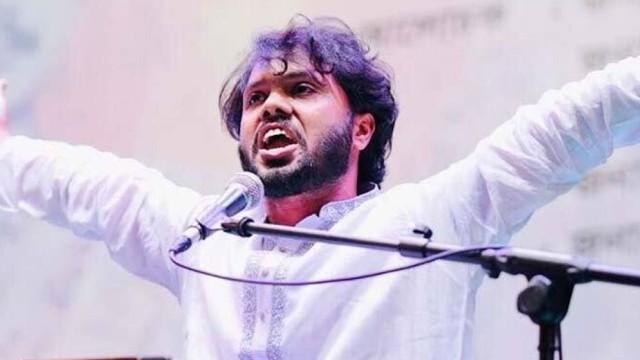
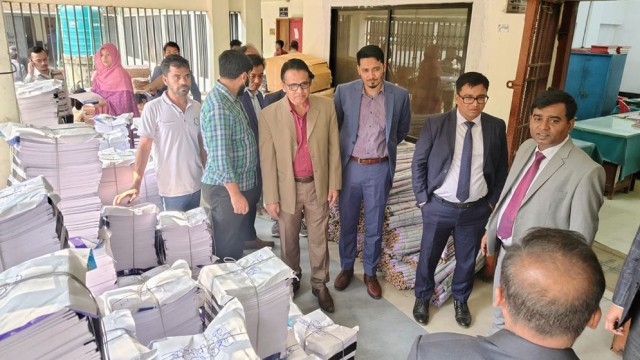










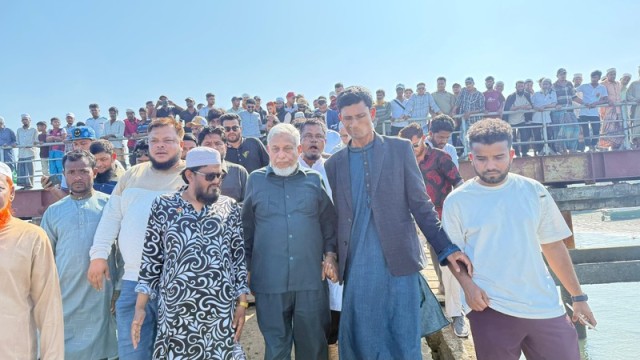
Comment: